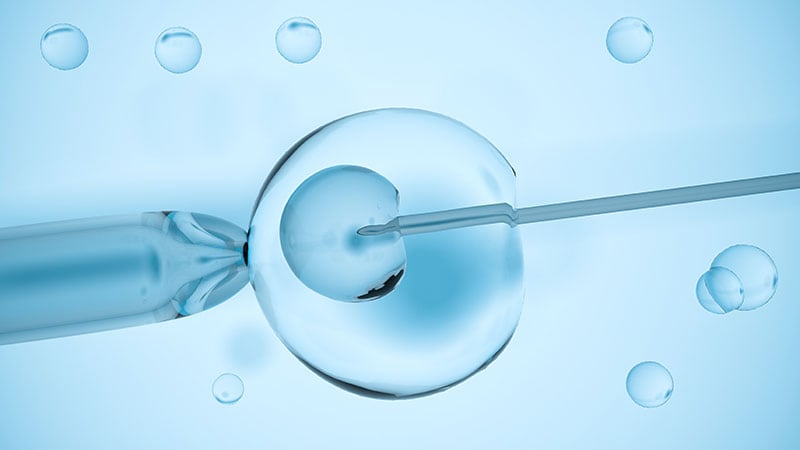Reproductive Technologies and Maternal CVD Risk Study
Core Concepts
Reproductive technology does not increase maternal CVD risk.
Abstract
The study focused on the impact of assisted reproductive technologies (ARTs) on the risk of cardiovascular disease (CVD) in women. Here is a breakdown of the key points:
Background:
ART usage is rising, but its association with CVD risk is unclear.
Previous studies showed weak evidence of increased stroke risk with ART.
Study Details:
2,496,441 women without preexisting CVD were included.
No significant difference in CVD risk between ART and non-ART groups.
Subgroup analyses showed varying risks for different CVD types.
Findings:
Frozen embryo transfer linked to higher CVD risk.
Intracytoplasmic sperm injection associated with lower CVD risk.
Authors suggest implications for individuals needing ART.
Limitations:
Study focused on middle-aged women.
Lack of data on socioeconomic factors and unsuccessful ART attempts.
Insufficient events for dose-response analysis.
Reproductive Technologies Not Tied to Maternal CVD
Stats
After a median follow-up of 11 years, women using ART had no increased risk of CVD.
Rate of any CVD after 11 years was 153 per 100,000 person-years.
Risk of CVD did not significantly differ between ART and non-ART groups (AHR, 0.97; 95% CI, 0.91 – 1.02).
Higher risk of CVD with frozen embryo transfer (AHR, 1.24; 95% CI, 1.02 – 1.51).
Lower risk of CVD with intracytoplasmic sperm injection (AHR, 0.83; 95% CI, 0.74 – 0.94).
Quotes
"These findings may be reassuring to the increasing number of individuals who require assistance from ART to conceive."
Key Insights Distilled From
by Pauline Ande... at www.medscape.com 08-11-2023
https://www.medscape.com/viewarticle/995378
Deeper Inquiries
What are the potential long-term implications of ART on cardiovascular health?
The potential long-term implications of Assisted Reproductive Technologies (ART) on cardiovascular health are still being studied. While the recent study mentioned in the context found no significant increase in cardiovascular disease (CVD) risk among women who underwent ART compared to those who did not, there are some factors to consider. For instance, women who underwent frozen embryo transfer had a higher risk of CVD, possibly due to the severity of the fertility problem. On the other hand, women who used intracytoplasmic sperm injection (ICSI) had a lower risk of CVD, which could be attributed to a healthier reproductive status. These findings suggest that the type of ART procedure may have varying implications for cardiovascular health. Further research is needed to understand the long-term effects of ART on CVD risk, especially as individuals who undergo ART age and potentially face different health challenges.
How might socioeconomic factors influence the relationship between ART and CVD risk?
Socioeconomic factors can play a significant role in influencing the relationship between ART and cardiovascular disease (CVD) risk. The study mentioned in the context only had educational level as a measure of socioeconomic status, which could be a limitation. Factors such as income and employment status were not considered, and these could potentially impact the results. Socioeconomic status is known to influence access to healthcare, lifestyle choices, and overall health outcomes. Individuals with higher socioeconomic status may have better access to quality healthcare, healthier living conditions, and resources to manage risk factors for CVD. On the other hand, those with lower socioeconomic status may face barriers to healthcare, leading to undiagnosed or untreated conditions that could contribute to CVD risk. Therefore, considering socioeconomic factors in future studies on ART and CVD risk could provide a more comprehensive understanding of the relationship.
How can the findings of this study impact the counseling of individuals considering ART procedures?
The findings of the study can have a significant impact on the counseling of individuals considering Assisted Reproductive Technologies (ART) procedures. The study's results, which showed no significant increase in cardiovascular disease (CVD) risk among women who underwent ART compared to those who did not, can provide reassurance to individuals seeking ART for fertility assistance. Healthcare providers can use this information to counsel patients about the potential cardiovascular implications of ART procedures. Additionally, the study highlighted differences in CVD risk based on the type of ART procedure, such as frozen embryo transfer and intracytoplasmic sperm injection (ICSI). This information can help healthcare providers tailor their counseling to address specific risks associated with different ART techniques. Overall, the findings of this study can contribute to more informed decision-making for individuals considering ART procedures, ensuring they are aware of the potential cardiovascular implications and can make choices that align with their overall health goals.
0
